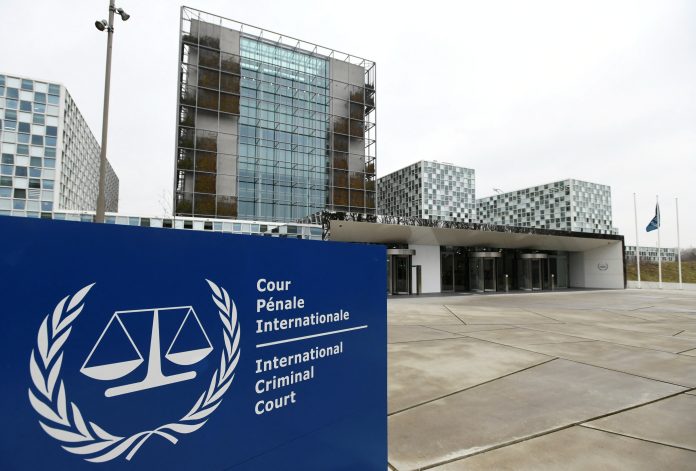The European Union has criticised the United States for sanctioning four judges from the International Criminal Court (ICC), including Slovenian judge Beti Hohler. The decision has further strained relations between the transatlantic allies.
US Secretary of State Marco Rubio announced the sanctions, which also apply to judges from Benin, Uganda and Peru. According to Rubio, the action responds to the ICC’s investigations into alleged war crimes committed by US forces in Afghanistan and by Israeli forces in Gaza. One of these investigations led to arrest warrants for Israeli Prime Minister Benjamin Netanyahu and former Defence Minister Yoav Gallant. Judge Hohler supported that ruling.
Rubio described the court’s work as “baseless and politicised.” Furthermore, he urged US allies to oppose what he called an “attack.”
As a result of the sanctions, the judges can no longer access any assets in the United States or conduct transactions with American entities. These restrictions, in turn, could hinder their ability to perform their duties effectively.
EU voices firm support for ICC
European leaders responded quickly, offering strong support for the ICC and rejecting the US measures.
European Commission President Ursula von der Leyen emphasised that the court must be free to operate without external pressure. She stated that the ICC plays a vital role in giving victims a voice and holding those responsible for serious crimes to account.
Similarly, European Council President António Costa described the ICC as a “cornerstone of international justice.” He argued that the rule of law must take precedence over the rule of power.
In addition, EU foreign policy chief Kaja Kallas called for the court’s continued independence. Dutch Foreign Minister Caspar Veldkamp also voiced opposition to the sanctions. He stressed that international courts and tribunals must work without interference or intimidation.
Slovenia and EU consider legal response
Meanwhile, Slovenia condemned the targeting of its national and promised full support for Judge Hohler. The Slovenian government also urged the European Commission to consider invoking the EU’s “blocking statute.” This regulation aims to protect EU citizens and businesses from the effects of foreign sanctions applied beyond their borders.
The EU first introduced the statute in 1996 in response to US sanctions on Cuba, Iran and Libya. It became relevant again in 2018, after the US withdrew from the Iran nuclear deal and reimposed sanctions. Consequently, many European firms halted operations in Iran to avoid losing access to US markets.
A European Commission spokesperson confirmed that the EU would monitor the situation carefully. Before taking further action—such as triggering the blocking statute—it would consult member states. This step requires approval from a qualified majority.
ICC stands firm despite sanctions
Despite the sanctions, the ICC affirmed that it would continue its work in line with the Rome Statute. It reiterated its commitment to fairness and due process. Moreover, the court warned that punishing those seeking accountability harms civilians and enables impunity.
The ICC also noted that the sanctions affect more than just the named judges. They impact anyone supporting the court, including nationals and companies from member countries.
It is worth noting that the United States has never joined the Rome Statute. For years, it has expressed scepticism about the ICC’s authority over its nationals.
Earlier this year, Hungary openly defied the court. It welcomed Netanyahu to Budapest despite the warrant and later announced plans to withdraw from the Rome Statute. If it proceeds, Hungary would become the first ICC member state to leave the treaty.
